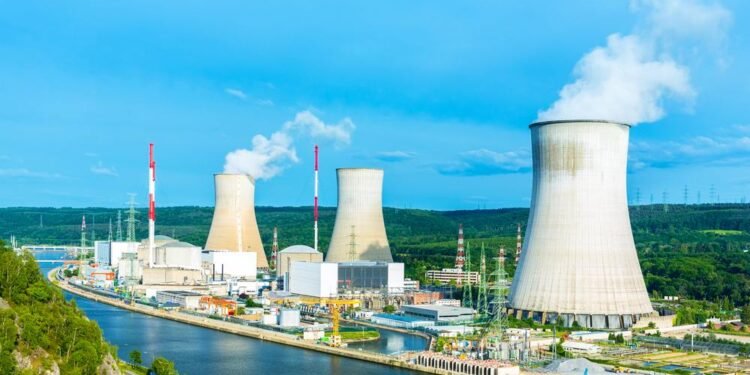Shares of Constellation Energy climbed 4% on Friday, extending Thursday’s gain of 8%.
The dive comes after the company revealed a $1 billion offer today to provide nuclear power to over a lots United States government companies over the next 10 years, marking the most significant energy acquisition in the United States General Services Administration’s background.
The firm’s rival, Vistra Corp, additionally leapt 8.5% to add to an 8% gain in Thursday’s session.
Analysts claim that while Constellation Energy’s bargain was reasonably modest in dimension, it could signify more bargain activity for the industry in 2025.
“Pricing looks extremely appealing and could be a favorable readthrough to future offers,” Morgan Stanley David Arcaro said in a Thursday note relating to the Constellation Energy bargain.
Arcaro included that the contract included a remarkably appealing premium for a federal agency, providing a positive sign for future nuclear manage tech business, which would likely pay a lot more for energy to power their data facilities.
“We assume tech firms would be generally ready to pay a higher price given sustainability targets and much less financial stress, and there could be a wider customer set for these contracts than we were expecting,” Arcaro created.
Other analysts are in a similar way bullish on the stocks entering into 2025 in the middle of the skyrocketing demand for power pertaining to the artificial intelligence boom.
“Independent power business should remain to benefit from strong need and energy/capacity costs in 2025,” UBS expert William Appicelli wrote in a Friday note.
Appicelli stated his “get” score on Constellation Energy, Vistra, and Talen Energy, anticipating an average gain of 29% for the stocks in 2025.
Such a gain would certainly note a mild downturn from outsized growth in 2024, with Vistra rising by over 300% to surpass also Nvidia’s smash hit rally. Talen Energy and Constellation Energy, meanwhile, climbed up over 200% and 100%, specifically, amidst a boom in AI-related power demand.
AI data centers need huge amounts of power to run, and their electrical energy need is already readied to surpass supply in the coming years. To satisfy need, the United States has to more than increase its power grid capacity by 2030, Apollo’s Torsten Sløk stated in a note last month.


